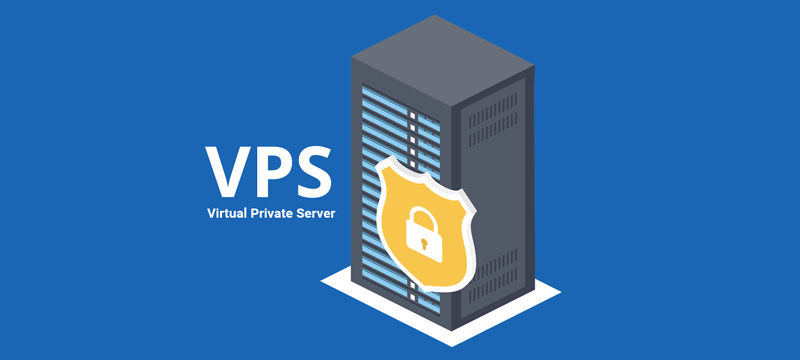
VPS (or Virtual Private Server) hosting is essentially the virtual answer to user-friendly server. So why use VPS hosting? What’s wrong with shared hosting? The first, and obvious, answer to that question is privacy. Purchasing a VPS plan means that you’re purchasing your own virtual machine, with resources dedicated solely to powering your websites. Unlike on shared hosting servers, VPS hosting allows you full access to resources like bandwidth and disk space, without having to share those resources with other people on your server.
The isolated nature of VPS hosting also makes it a much more secure option in terms of data privacy. You also have a lot more control with VPS hosting than you do on a shared server. Additionally, most VPS hosting packages give you full core access to the server, which means you can customize server settings and functionality to meet your specific needs or preferences.
There two VPS hosting solutions – Windows and Linux. While Linux hosting tends to be more popular for shared hosting, many people prefer to switch to a Windows hosting solution when they change to VPS hosting. Windows has been providing VPS hosting services a lot longer than Linux, and so offers more sophisticated and user-friendly options for users looking to make the shift from shared to private hosting. If you’re mostly working with Windows applications and technologies, then Windows VPS hosting simply makes sense. With Windows VPS hosting, you won’t have to worry about compatibility, and you’re already familiar with the Windows operating system.
Most hosting providers that offer VPS hosting offer packages with both solutions, so it can be difficult to know how to choose the best Windows VPS hosting package. When looking for a hosting package, there are a few things to keep in mind.
First, decide whether you want to go with managed or unmanaged VPS hosting. Managed VPS hosting means that the server is maintained by the host provider’s technicians. If something goes wrong with the server, you aren’t responsible for fixing it. Unmanaged hosting is, of course, the opposite. If you can fix minor errors by yourself, this may be something to consider. Unmanaged hosting tends to be a lot cheaper, but also comes with the responsibility of maintaining the server on your own.
Another thing to think about is the quality of the host provider’s customer support. VPS hosting is more private and isolated, which means you’ll have relatively little interface with the provider itself. However, if you have questions or problems, you do want to be able to reach out and have your questions answered.
Something you definitely want to think about if you are specifically looking for Windows VPS hosting is the kind of hardware your web host uses. For Windows VPS hosting, you’ll have the best user experience with host providers that use up-to-date Intel processors, and SSD accelerated storage. SSD technology is particularly good for improving your server’s performance, as it’s often much faster than other hard disks at retrieving data. Hardware information should be readily available on the hosting provider’s website or should be easily given in a conversation with customer support. Any web hosting provider that’s unwilling or unable to talk to you about the hardware it uses is probably not one you can trust.
Hosting providers offering Windows VPS solutions aren’t always offering the latest version of Windows. You don’t want to land a cheap VPS hosting package only to realize that they only supply Windows 2003. Again, carefully check the terms of the Windows VPS package, and make sure the versions it supplies are as up-to-date as the version of Windows you’re currently using.
Windows requires licenses in order to run most web hosting features, all the way from control panels to databases. This is why popular control panel options like cPanel aren’t compatible with Windows hosting. While Windows is a great option for VPS, if you’re currently using a Linux solution, don’t expect that all of your features will translate to the Windows solution with your new provider.
It’s also important to read the hosting terms of usage. You should probably read these no matter what, but they are especially important for VPS hosts since you have a lot more control over how you use the server. The terms of use are really the only rules when it comes to VPS hosting, and so they can be quite relevant to the quality of your user experience.

